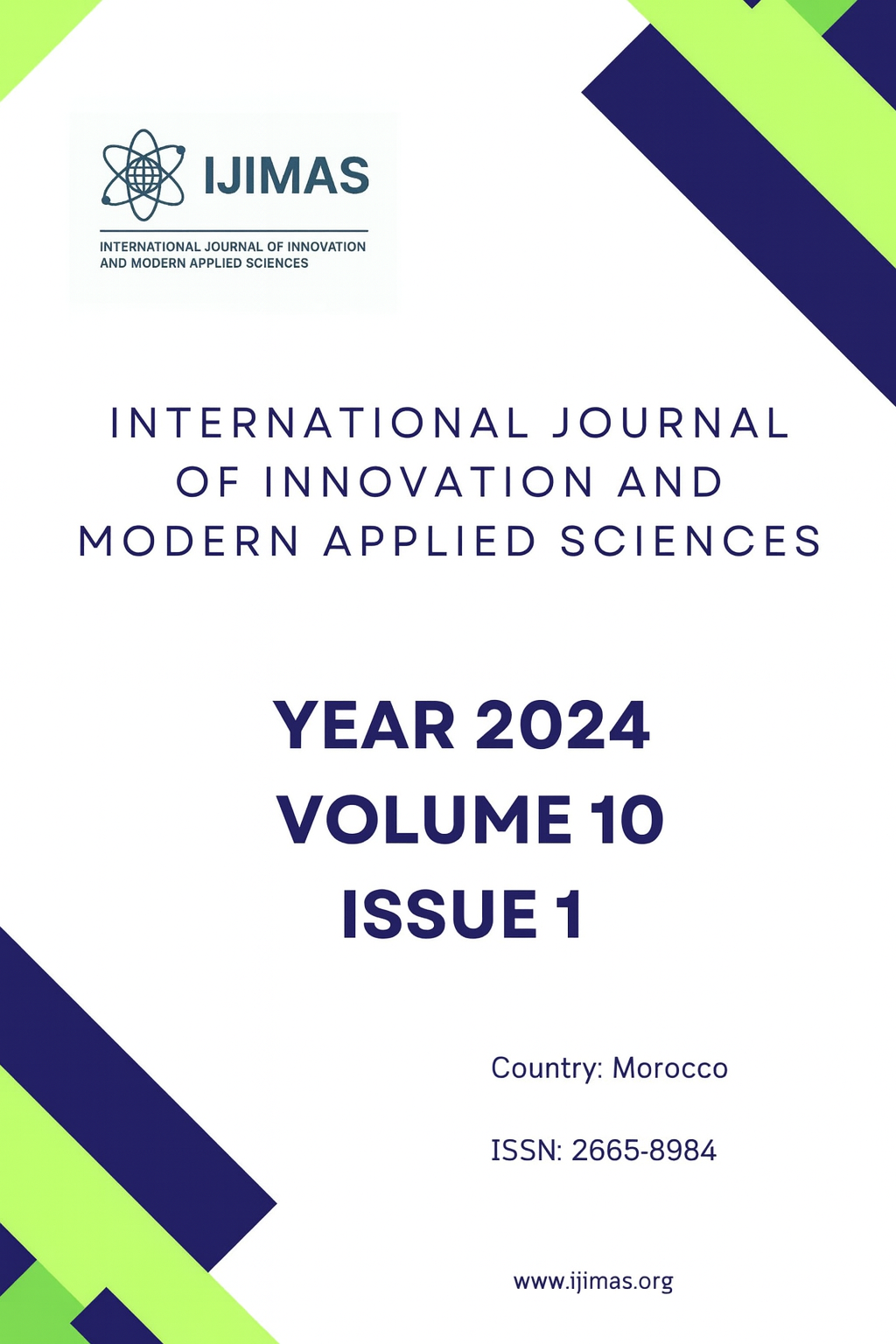Paper Open Access
Autors : Belaziz Hind, H. Belaziz, M. Ezzenati
Skills Management in Support of the Performance of Territorialized Networks of Business Organizations
ABSTRACT:
In a globalized world and in an increasingly competitive environment, all territorial actors (industrialists, researchers, local authorities, etc.) are constantly reassessing their areas of action by choosing to prioritize the concentration of industrial activities around Territorialized Networks of Organization (TNOs). Morocco can no longer ignore the need for a national strategy in response to the global transformations underway. The implementation of an integrated industrial platform policy clearly reflects its strategic intent to strengthen each territory through networks of actors mobilized around shared goals of competitiveness and attractiveness. TNOs may take various forms, including competitiveness clusters, industrial districts, and others. In this context, when addressing human resources, it appears that cooperation can be effective in improving the skills of employees within member organizations and, more broadly, in enhancing collective competencies. For decades, researchers and decision-makers have largely agreed on the importance of local development and territorial production systems. Concepts such as districts, clusters, and technopoles have played a central role in thinking and policymaking. Understanding contemporary challenges in the relationship between industry and territory requires acknowledging the evolving nature of local systems and their integration into global economic change. The management of skills within business networks such as clusters and competitiveness hubs is a core issue. The territory should no longer be seen as a mere container of skills but as an active driver in shaping HR practices that foster innovation. The goal is to encourage collaboration among all stakeholders in technological cooperation projects to boost competitiveness. Such cooperation is what makes each hub more attractive. This paper aims to address the new challenges of business competitiveness and assess the performance of business organization networks while clarifying the role of HR and technological transformation. Our objective is to tackle the new challenges of corporate performance and competitiveness, explore HRM tools—particularly skills management tools like workforce planning—and examine the links between territorialized organizational networks and skills management. To do so, our proposal focuses on two main points: the adoption of new HR tools and practices to help businesses meet the challenges of market globalization, and the performance of clusters and local production systems, highlighting the competitiveness of SMEs and SMIs.
Paper Open Access
Autors : Assabane Ibrahim, Mssassi Said
Specificities of Export-Oriented SMEs Encouraging Anticipatory Information: An Analysis Through the Concept of Strategic Intelligence
ABSTRACT:
The objective of this paper is to define the notion of export-oriented SMEs by examining, on one hand, to what extent their specific characteristics can be considered favorable for implementing a strategic intelligence system, and on the other hand, by identifying the informational challenges they must overcome during their internationalization process. Methodologically, we explored empirical studies focused on export-oriented SMEs operating in turbulent environments, resulting in a literature review synthesizing the contributions of those studies. The results of this analysis highlight that, given the fragility of SMEs in terms of internal resources and the uncertainty of their environment—prompting them to seek complementary resources they lack—the implementation of a strategic intelligence system plays an active role in these companies. It acts as a catalyst for anticipatory information, enabling them to protect themselves from the often-unknown hazards of foreign environments.
